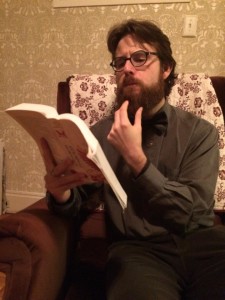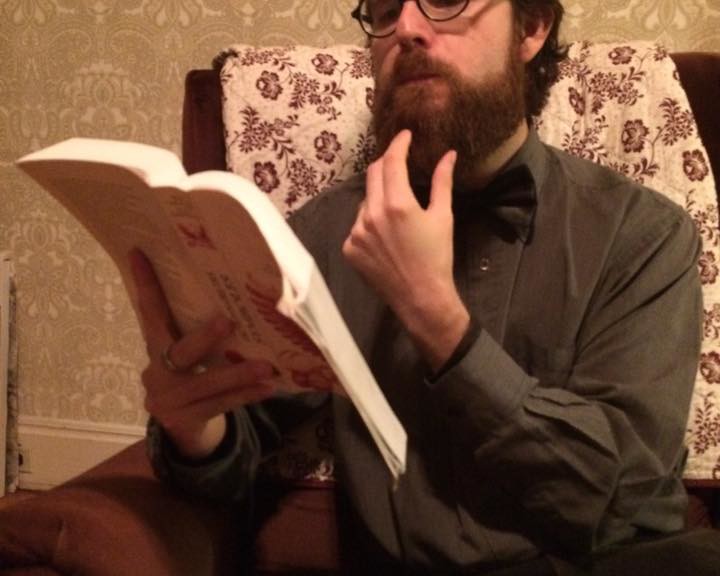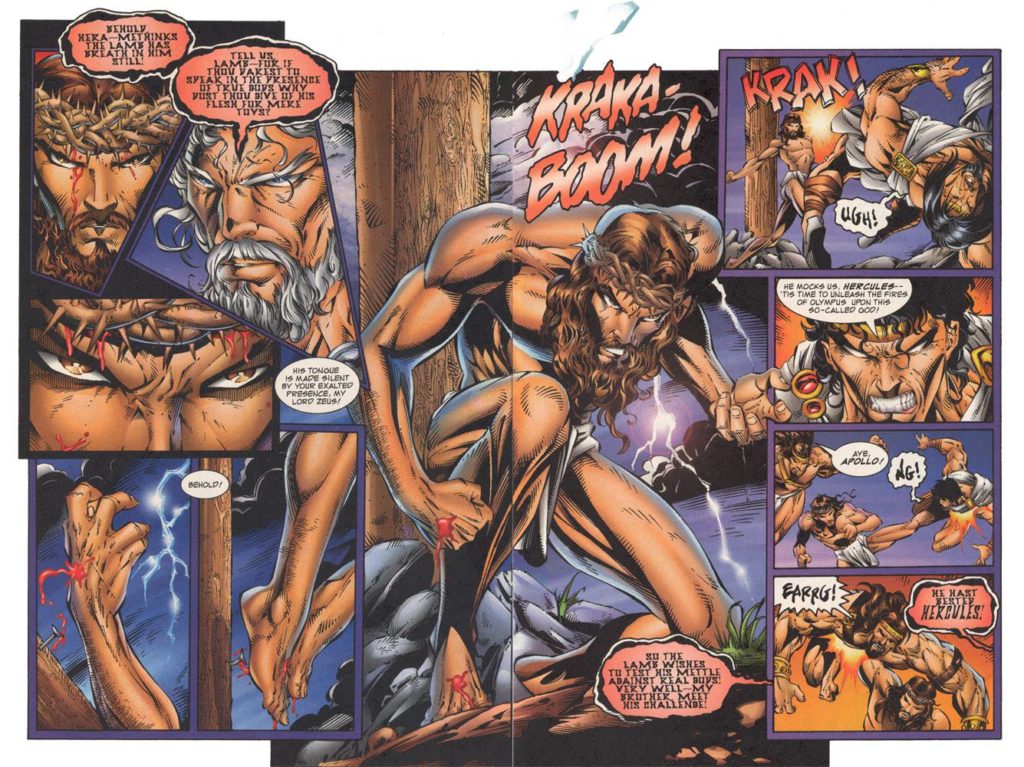 Etienne Domingue: Whereas automated translation has made great strides in recent years, human languages remain somewhat beyond the grasp of machine intelligence. Errors in automated translation abound: computers are notoriously bad at translating idioms, and they don’t typically have much of an ear for tone or subtext. I suspect this has contributed to comics writers’ exceedingly poor handling of foreign languages — I am frequently shocked by how some anglophone writers assume that word-for-word translation is “good enough,” as though all of syntax and grammar operates in roughly the same way. It does not. Even culturally-sensitive writers make this mistake: G. Willow Wilson’s Air is magnificent, but its French is awful.
Etienne Domingue: Whereas automated translation has made great strides in recent years, human languages remain somewhat beyond the grasp of machine intelligence. Errors in automated translation abound: computers are notoriously bad at translating idioms, and they don’t typically have much of an ear for tone or subtext. I suspect this has contributed to comics writers’ exceedingly poor handling of foreign languages — I am frequently shocked by how some anglophone writers assume that word-for-word translation is “good enough,” as though all of syntax and grammar operates in roughly the same way. It does not. Even culturally-sensitive writers make this mistake: G. Willow Wilson’s Air is magnificent, but its French is awful.
I’m sure it’s only a matter of time before human translators — along with all humans, really — are obsolete, but for now this is not the case. I pray that when it is the case, our robot overlords will be merciful.
Continue reading Sacré & Séquentiel: The New, French-Language “Sacred and Sequential”




 On Monday, the Comics Alternative podcast hosted
On Monday, the Comics Alternative podcast hosted 

 The latest issue of the Studies in Comics journal from UK-based publisher Intellect features an article by
The latest issue of the Studies in Comics journal from UK-based publisher Intellect features an article by